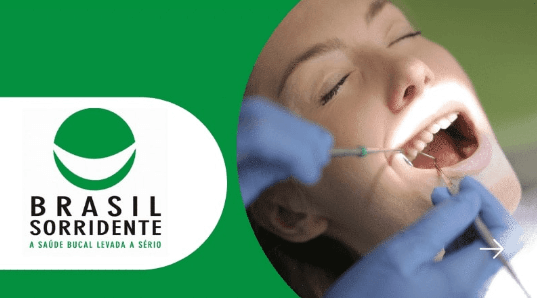Adverts
A oral health should be treated with care when we look at the general health and well-being of a person. Among the various dental treatment options available, the dental implant has emerged as an effective solution.
However, many people face financial difficulties to bear the costs of this procedure, which can be quite high in private clinics.
In this context, it is important to address the possibility of access to dental implants and free dental care through the Unified Health System (SUS). Check out this informative article, what few people are aware of, how to get free dental implant and dentist by SUS, a benefit offered by the Brazilian government.
Who is the implant recommended for?

Dental implants are indicated for people who have lost one or more teeth and seek an efficient, long-lasting and aesthetically pleasing solution to replace these missing teeth.
The decision to perform a dental implant can be influenced by different factors, such as the patient's functional and aesthetic needs and overall oral health.
The loss of teeth caused by dental problems such as deep cavities or advanced periodontal disease is an example of a problem that can be solved with the placement of a dental implant.
Patients who have suffered trauma or accidents that resulted in tooth loss may also need dental implants to recover masticatory function and smile aesthetics.
Some people may be born without one or more teeth (tooth agenesis). In these cases, dental implants may be indicated to complete the dental arch and provide a better function and appearance.
There are some patients who use removable prostheses and are dissatisfied with the stability, comfort or aesthetics of these prostheses and may opt for dental implants as a fixed and more comfortable alternative.
Before opting for a dental implant, it is essential to consult a specialized dentist to assess oral health, the quantity and quality of available bone, and identify whether the implant is the most suitable option for the patient.
The dentist will also evaluate the patient's medical and systemic conditions, as some diseases or conditions may contraindicate or require special care during the implantation process.
How does dental care by SUS work?
Dental care provided by the Unified Health System (SUS) is a public and free service available to all Brazilian citizens.
The SUS seeks to guarantee comprehensive oral health care, offering everything from preventive and educational actions to specialized treatments. The service works at different levels of complexity and can be accessed in different ways.
The gateway to dental care in the SUS is the Primary Care, where prevention, diagnosis, treatment and rehabilitation services are offered. At this level, oral health teams work in Basic Health Units (UBS) and through the Family Health Program (PSF).
Services include cleaning, fluoride application, fillings, extractions, root canals, periodontal treatment, and educational and preventive activities.
If specialized treatment is required, the patient will be referred by the Primary Care professional to the Dental Specialty Centers (CEO) or specialized clinics.
In these places, services such as dental prostheses, treatment of patients with special needs, oral and maxillofacial surgeries and care for more complex cases are offered.
In urgent and emergency situations, the patient can be assisted directly in hospitals that have integrated dental services. These consultations include trauma, infections and complications of systemic diseases that affect oral health.
To access dental care through the SUS, the patient should look for the Basic Health Unit (UBS) closest to your home or the family health service in your community.
Depending on the location, you may need to schedule an appointment or show up during office hours to be seen. Always have your personal documents, such as RG, CPF and National Health Card (CNS), if you have them.
The Smiling Brazil Program
It is possible to have a dental implant through the SUS, but the availability of this service may vary according to the location and the capacity of the public network.
The Ministry of Health, through the National Policy on Oral Health, called Smiling Brazil, implemented the offer of dental implants in some SUS units, especially in Dental Specialty Centers (CEO).
However, it is important to note that the supply of dental implants in the SUS is still limited, and access to this service depends on demand, installed capacity and available resources in the region where you live.
In addition, the criteria for inclusion in the dental implant program can be strict, prioritizing cases of greater need and social vulnerability.
To find out if dental implant service is available in your area, consult the Basic Health Unit (UBS) or the nearest Dental Specialties Center (CEO).
If the service is available, the oral health professional will assess your need and health conditions to determine if you are eligible to receive the implant through the SUS.
If the dental implant is not available through the SUS in your region, it is worth searching for universities and dental education institutions that can offer treatments at more affordable or free prices.
